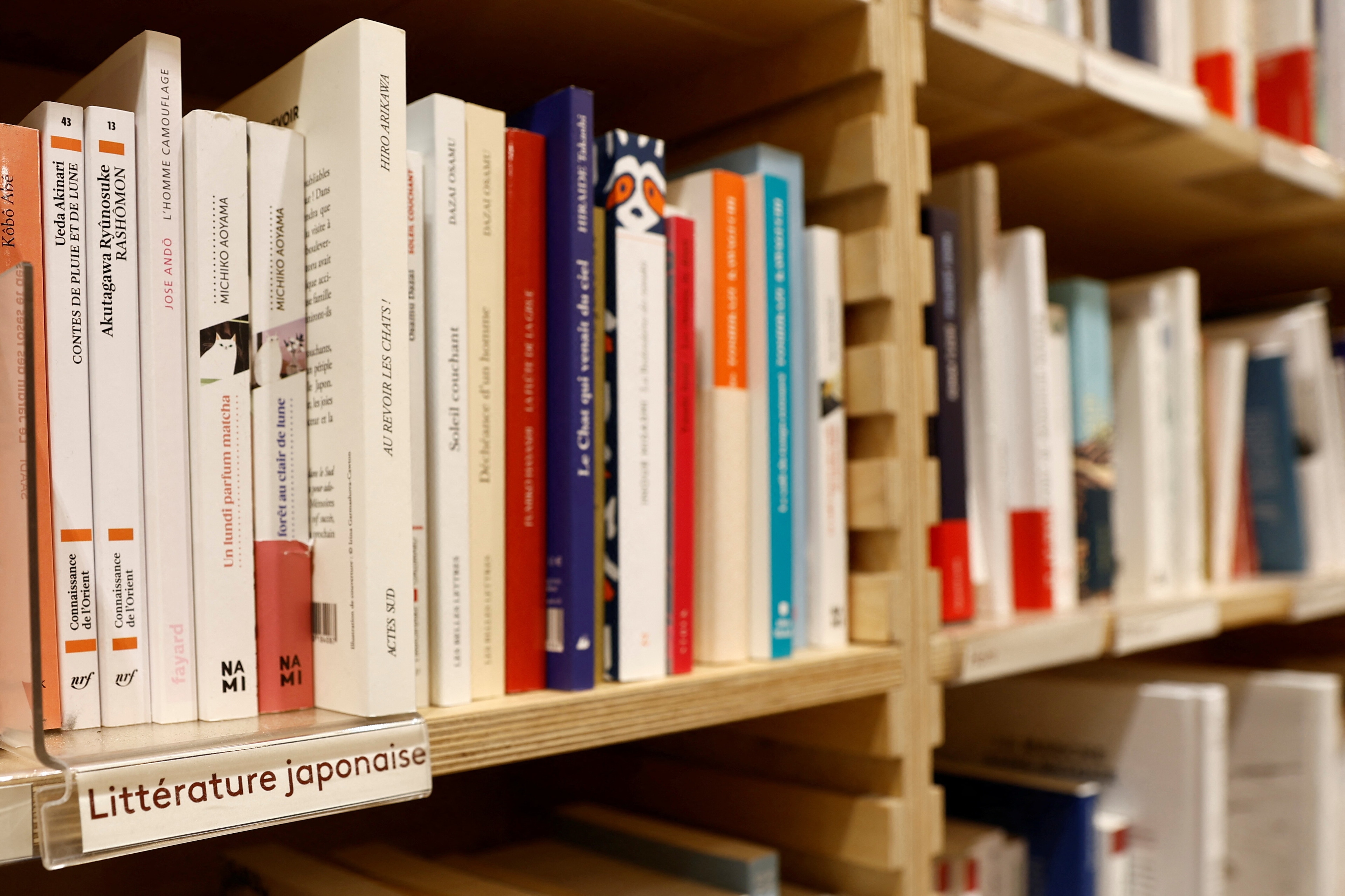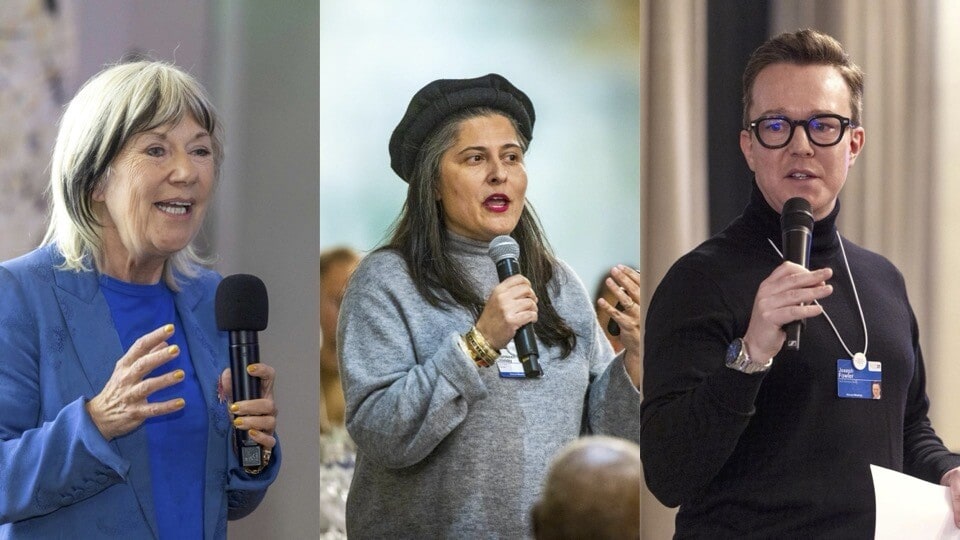Space archaeology: the little-known science that could unite a divided world

I want to create an army of global explorers, says award-winning Egyptologist Sarah Parcak Image: NASA
We are living in turbulent times. With economic uncertainties, a global rise in populism, clashes over immigration and the threat of climate change, it is difficult to keep a positive outlook. We are ever more distracted with the 24-hour news cycle, and it seems that there is far more to divide us than unite us. What can be done and, even more importantly, should we have hope for our future?
Not only should we have hope, but I want to share something with you to show that we are all one species, with a shared past and a common destiny. I am an archaeologist specializing in the use of satellite imagery to map ancient landscapes. Being an archaeologist has given me a fair bit of perspective on turbulent times (we’ve been through many thousands of years of them), but also our tremendous creativity and potential as human beings.
I believe in this potential, but just telling people to have hope in our future is not enough.

We all enter the world as explorers, from the moment we can see the world around us properly, we want to touch, taste, hear and feel everything. The wide-eyed wonderment of babies and toddlers seeing things for the first time allows parents to rediscover the world as well. At some point, however, that wonder begins to fade away. Perhaps it is school, or growing up, but those who choose paths other than science or exploration can easily lose that sense of wonder.
Also, for members of the public, it is not easy to engage with exploration. Many may feel intimidated, or do not know how to access opportunities. What is curious is that, at this point in my life, hundreds of people have told me it was their dream to be an archaeologist as a child, but at some point the dream faded. Hearing this again and again inspired me to dream of a way to involve as many people as possible in archaeological exploration.
If I had one wish
I was very lucky in 2016 to be the TED Prize winner. This extraordinary honour allowed me to make a wish to the world from the TED stage, and I received a million dollars to make that wish come true. My wish was as follows:
I wish for us to discover the millions of unknown archaeological sites across the globe. By creating a 21st-century army of global explorers, we’ll find and protect the world’s hidden heritage, which contains humankind’s collective resilience and creativity.
But, how does one begin to turn this audacious wish into a practical reality? The key for me was an amazing team and world-class partners (including National Geographic and DigitalGlobe). I decided to create an online citizen science satellite archaeology platform, called Globalxlporer (GX), to allow anyone in the world to help in the search for looted sites and previously unknown ones.
I wanted people to rediscover their buried passion for exploration. Our goal with GX is to empower the world to become archaeologists, and to give them the tools they need to imagine the past, and the people who lived in it. We have created a way to bring people together from across the world to share a common goal of saving our common heritage.
The messages we have received from our users are brimming with optimism and excitement, from all ages, nationalities and religions. If an online platform dedicated to democratizing exploration can achieve so much in such little time, I only have hope for our future.
Don't miss any update on this topic
Create a free account and access your personalized content collection with our latest publications and analyses.
License and Republishing
World Economic Forum articles may be republished in accordance with the Creative Commons Attribution-NonCommercial-NoDerivatives 4.0 International Public License, and in accordance with our Terms of Use.
The views expressed in this article are those of the author alone and not the World Economic Forum.
Stay up to date:
Space
Related topics:
Forum Stories newsletter
Bringing you weekly curated insights and analysis on the global issues that matter.
More on Arts and CultureSee all
Elena Raevskikh and Giovanna Di Mauro
October 22, 2025






